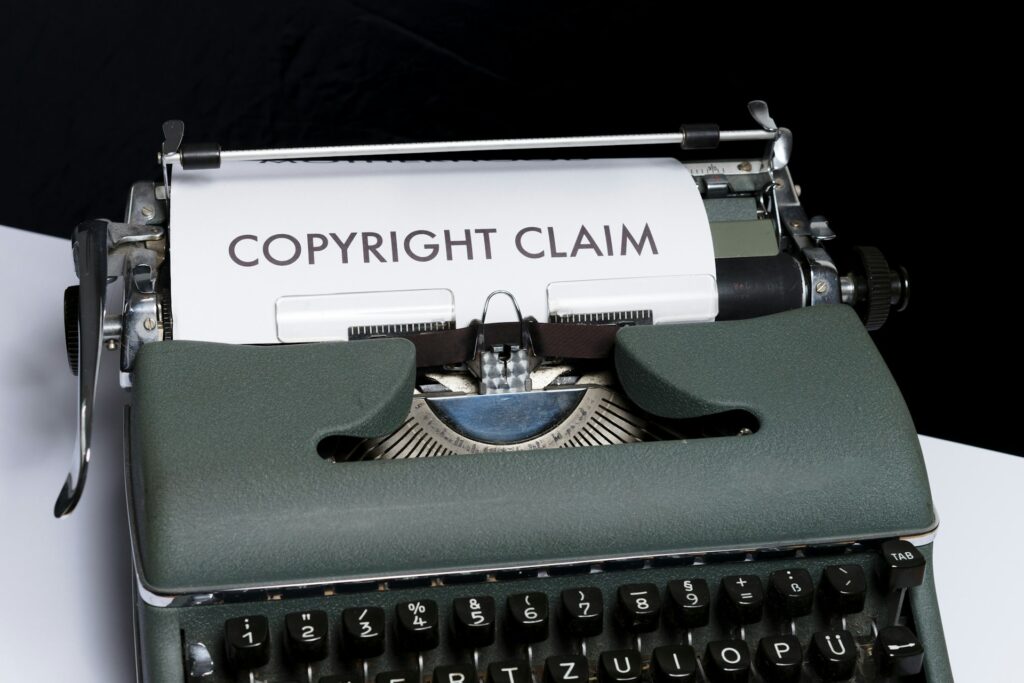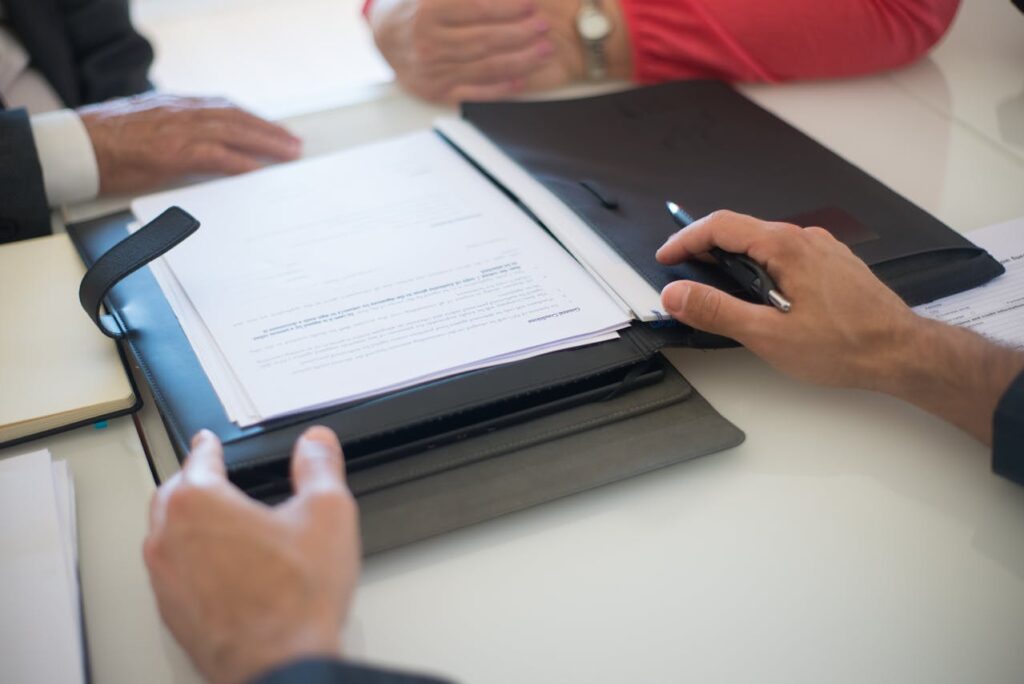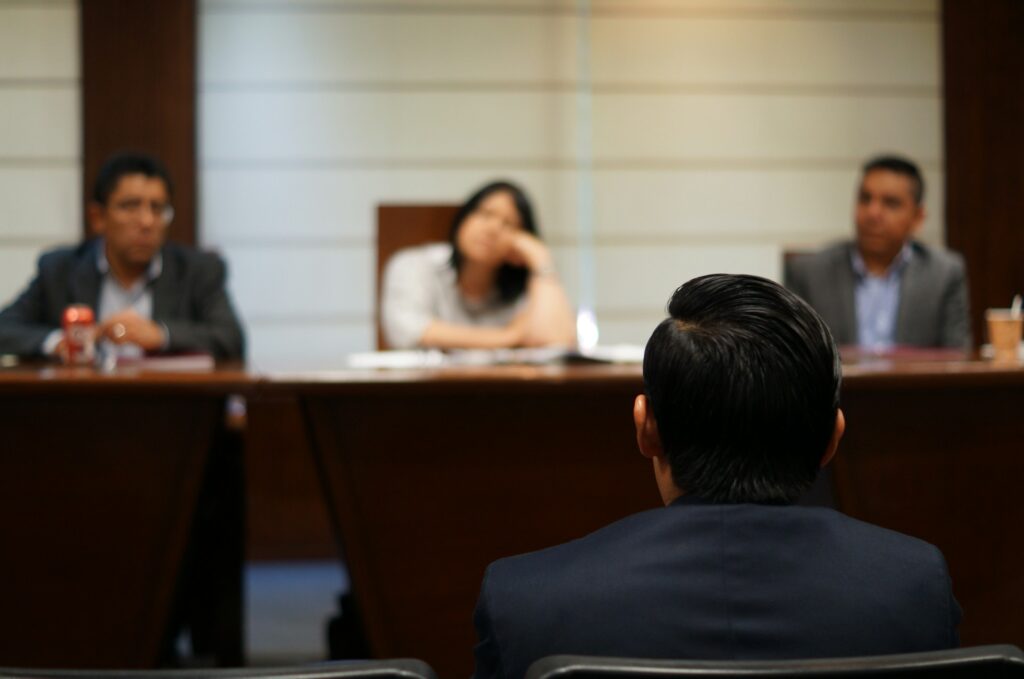Intellectual Property Litigation

Every invention, brand, or creative work has an origin—centred on ownership. Intellectual property litigation arises from disputes over ownership, unauthorised use or exceedings usage rights of that creative work. This legal process protects the value of ideas and creations to ensure rights are upheld and misuse is addressed.
In this post, we’ll explore intellectual property litigation, why it matters, and how it unfolds in the UK (even if your claim has international elements), giving you a clear understanding of the process from start to finish. Our commercial litigation team handle this type of dispute nationally. If you think you’re in the realm of a dispute don’t hesitate to contact us and we will be happy to assist you.
What Is Intellectual Property Litigation?
Intellectual property litigation is the legal process of resolving disputes over ownership or misuse of intellectual property rights, safeguarding the time, effort, in developing inventions, brands, or designs. It addresses issues such as unauthorised trademark use, or copyright infringement.
In the UK, IP litigation often occurs in specialist courts, such as the Intellectual Property Enterprise Court (IPEC) or the High Court’s Chancery Division, designed to handle complex cases efficiently.
Litigation, which is usually the final way to settle disputes, is often a last resort taken only after attempts like negotiation and mediation haven’t worked—and it’s known for moving at a very slow pace.
What Are the Types of IP Litigation?
Intellectual property litigation encompasses many different types of disagreements over how to protect and enforce intellectual property rights. Here are the most common:
- Trademark Infringement: Concerns the unauthorised use of a trademark causing confusion or harming the brand’s reputation.
- Copyright Infringement: Concerns the unauthorised use or reproduction of protected works such as music, films, and literature, governed by the Copyright, Designs, and Patents Act 1988.
- Patent Infringement: Concerns the unauthorised use, manufacture, or sale of an invention covered by a UK or European patented invention.
- Design Rights Disputes: Concerns the copying or use of registered or unregistered designs
- Trade Secret Misappropriation: Concerns r the misuse of confidential business information, with protection provided under the Trade Secrets (Enforcement, etc.) Regulations 2018.
- Domain Name Disputes: Cases where domain names are registered in bad faith or conflict with established trademarks, often handled through Nominet’s dispute resolution service in the UK.
How Are Intellectual Property Disputes Resolved?
In the UK, intellectual property disputes can be resolved through negotiation, mediation, or arbitration, saving time, money, and stress, particularly when both sides are open to compromise.
When alternative approaches fail, litigation becomes necessary. The process starts with pre-action correspondence. A Claimant sends a formal letter of claim, giving the Defendant an opportunity to respond with a letter of response addressing the allegations and providing any counterarguments or defences.
If pre-action correspondence does not lead to a resolution, the dispute may proceed to court. The Claimant files a claim form with the court, setting out the basis of the case and the remedies they’re looking for. The Defendant responds with a defence and, in some cases, a counterclaim.
Both parties then exchange evidence. Ultimately, the matter is heard at trial, where both sides present their case, and a judge delivers a binding judgment that may include remedies such as damages, an injunction, or a declaration of rights.
What Remedies Are Available for Intellectual Property Infringement?
In the UK, remedies for intellectual property infringement aim to fix the damage and protect the owner’s rights. Courts often issue injunctions, to stop unauthorised use, either temporarily during a case (a interim injunction) or permanently after trial (a final injunction).
Financial compensation is another key remedy, covering losses such as income or reputational damage. The Court might also also might also require the infringer to hand over any profits they made from their unauthorised use of the IP.
For counterfeit or pirated goods, courts usually order that these items be handed over to the IP owner or destroyed to prevent resale, protecting the owner from further misuse.
Courts also issue Declarations of Validity and Ownership, which confirm the legitimacy of the intellectual property and clarify ownership. It helps strengthen the IP holder’s position in future disputes or business transactions.
Lastly, the courts may issue a Costs Order requiring the infringer to cover the IP owner’s legal fees. This ensures the rightful owner does not unfairly bear the financial burden of protecting their IP rights.
Final Thoughts
Intellectual property litigation involves protecting and enforcing your rights through negotiation, mediation, or, if necessary, court proceedings. For clear advice contact Helix Law today. We’d love to help you.


